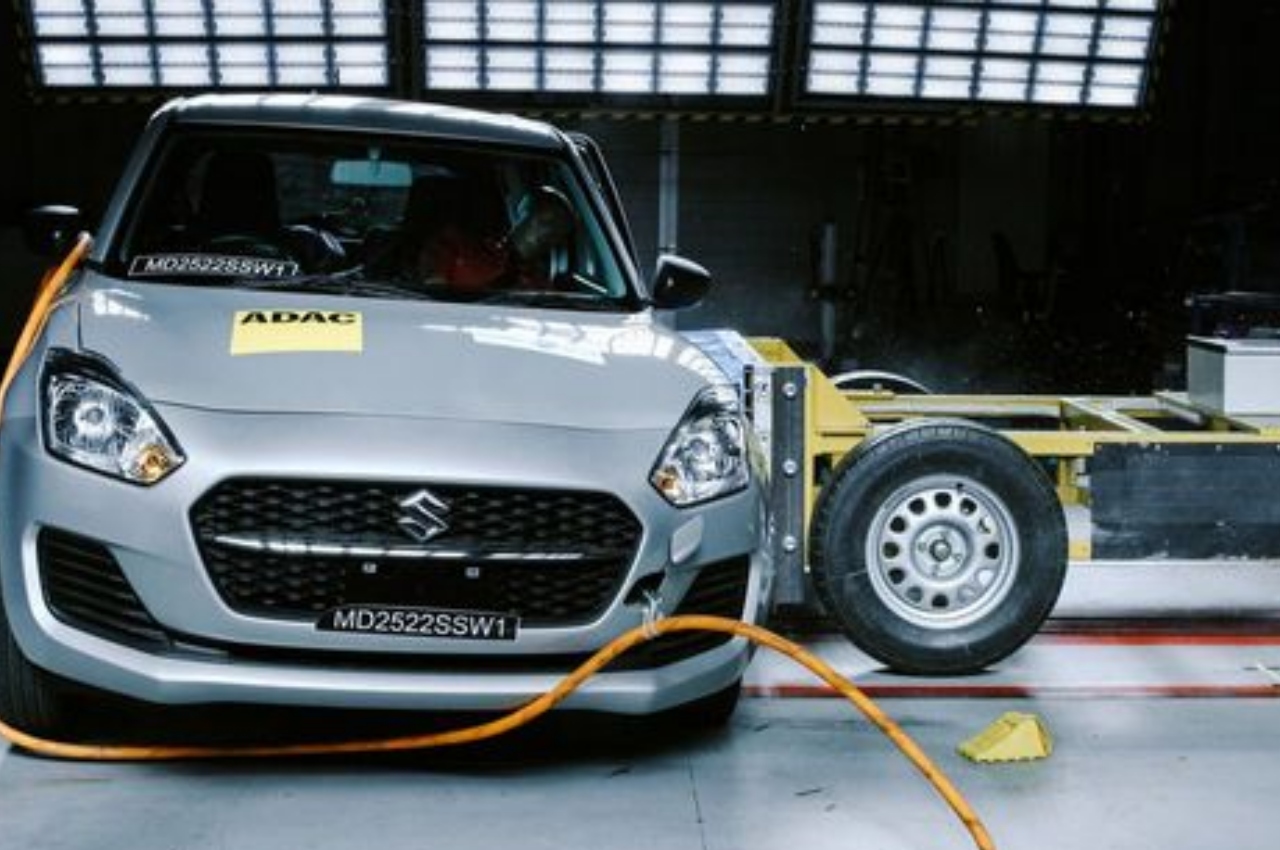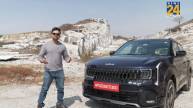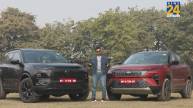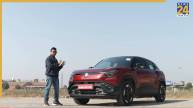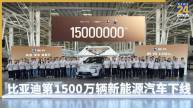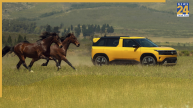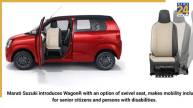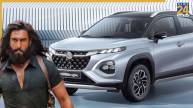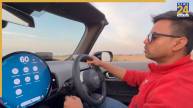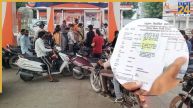New Delhi: Maruti Suzuki S-Presso, Ignis and Swift have been tested by global safety watchdog Global NCAP as part of the Safer Cars for India campaign. All three cars were manufactured in India and are exported to various markets including Latin America and Africa. This is not the first time the company has tested the crash-tested S-Presso and Swift models made in India, and the safety ratings have also been disappointing.
GNCAP crash test ratings
We say disappointing because all three cars got 1 star from Global NCAP, but the difference is that this time these cars are tested under stricter rules and standards.
Alejandro Furas, General Secretary of Global NCAP, said: “Global NCAP congratulates Mahindra on its continued commitment to safety and achieving five stars for the protection of adult occupants under our new, more demanding crash test protocols. However, it is very worrying that the manufacturer with the largest market share in India, Maruti Suzuki, continues to offer such poorly performing models that it does not even make some key safety systems available as optional equipment to consumers in India.
Global NCAP noted that all three Marutis exhibited unstable structures in the event of a frontal impact, as well as a lack of side airbags and ESC as standard or optional equipment.
NEW JEEP SUV TO COMPETE WITH CRETA AND GRAND VITARA? CHECK HERE!
In the front rollover barrier test, the Swift offered a good to fair level of protection for the front passenger. Results for drivers were lower compared to poor leg protection and poor chest protection. A side deformable impact revealed poor chest protection with good head and pelvis protection. A side impact to the pillar was not performed due to the lack of head protection in the vehicle.
In terms of child occupant protection, the protection offered to a three-year-old child in a child seat showed good head protection, although chest protection was marginal. Meanwhile, the 18-month-old dummy revealed poorer results with poor head and chest protection due to a forward-facing child car seat. The agency also noted a missing passenger airbag deactivation switch for safe installation of a child seat.
Nano Electric: Tata confirms India’s cheapest electric car!
The S-Presso, meanwhile, offered poor frontal impact protection for the driver’s chest, with protection for other areas ranging from good to marginal. The side impact test showed marginal head and chest protection, while the bar side impact test was also not conducted due to a lack of safety precautions.
For child passengers, Global NCAP noted that the manufacturer does not recommend any Child Restraint System (CRS), so it received no dynamic points. In addition, the three-year-old passenger in the forward-facing seat had an excessive head tilt forward. Meanwhile, an 18-month-old dummy in a rear-facing child seat showed good head protection but poor chest protection.
The Ignis offered good to poor frontal impact protection, while side impact testing revealed poor chest and head protection. A side impact bar test was not performed.
Here too, Global NCAP noted a lack of manufacturer-recommended CRS. However, the agency noted that a forward-facing child seat for a 3-year-old child and a rear-facing child seat for an 18-month-old child were able to prevent head exposure in a frontal impact and offered a good level. protection.
Read More –Latest Auto News

